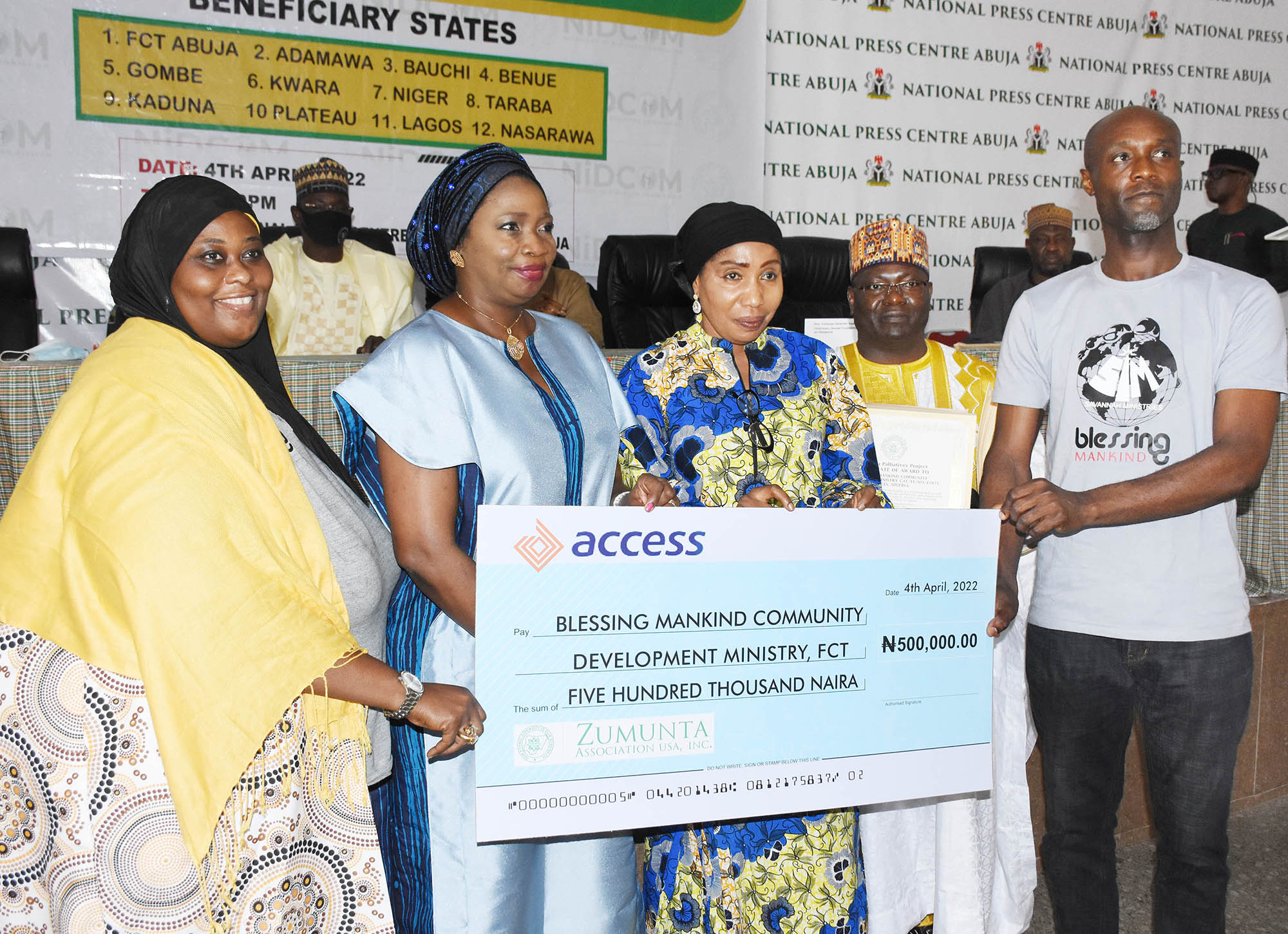Business
3,000 Nigerians Lost Millionaire Status In 10yrs – Report

The giant of Africa, Nigeria, believed to be the largest economy in the continent, has experienced negative millionaire growth of 30 per cent from 2012 to 2022, resulting in 2,949 individuals losing their millionaire status in one decade.
This is according to the 2023 Africa Wealth Report compiled by Henley and Partners.
According to the report, Africa’s ‘Big 5’ wealth markets include South Africa, Egypt, Nigeria, Kenya and Morocco.
“Together, they account for 56 per cent of Africa’s high-net-worth individuals and over 90 per cent of the continent’s billionaires”, it partly read.
The wealth categories are split into millionaires—individuals with a net worth above $1m; centimillionaires—individuals with a net worth above $100m and billionaires—individuals with a net worth above $1bn.
South Africa has 37,800 millionaires, 98 centimillionaires and 5 billionaires.
Egypt came second with 16,100 millionaires, 54 centimillionaires and 8 billionaires, while Nigeria ranked third with 9,800 millionaires, 27 centimillionaires and four billionaires. Kenya has 7,700 millionaires, 15 centimillionaire and no billionaires. Morocco has 5,800 millionaires, 28 centimillionaire and four billionaires.
Others include Mauritius (4,900 millionaires, 10 centimillionaire and no billionaire), Algeria (2,800 millionaires, eight centimillionaire and one billionaire), Ethiopia (2,700 millionaires, four centimillionaire and no billionaire), Ghana (2,600 millionaires, five centimillionaire and no billionaire) and Tanzania (2,400 millionaires, six centimillionaire and one billionaire).
However, total high-net-worth individual numbers in Africa fell by 12 per cent between 2012 and 2022. The continent currently has 138,000 millionaires, 328 centimillionaires and 23 billionaires.
Performance was constrained by poor growth in the three largest African markets, South Africa, Egypt, and Nigeria, which saw 21 per cent, 25 per cent and 30 per cent of negative growth.
Within that period, the report revealed that “Rwanda was the top performing market in Africa, with millionaire growth of 72 per cent, followed by Mauritius, the Seychelles, Uganda and the Democratic Republic of the Congo. Morocco and Kenya’s high-net-worth individual populations also grew solidly”.
Meanwhile, “Ethiopia and Ghana, whose millionaire populations had been growing rapidly until 2019, have struggled over the past few years, which pulled back their 10-year growth rates”.
Although five out of Africa’s top 20 saw a decline in their wealth in the past decade, none was more significant than Nigeria’s where 30 per cent of the wealthiest individuals fell below the million-dollar mark.
Aliyu Ilias is a development economist, told journalists that the decline is a natural result of several factors, including poorly-implemented government policies, the Covid-19 pandemic and soaring inflation experienced in the past eight years of the Buhari regime.
Business
PENGASSAN Tasks Multinationals On Workers’ Salary Increase

Business
SEC Unveils Digital Regulatory Hub To Boost Oversight Across Financial Markets

Business
NAFDAC Decries Circulation Of Prohibited Food Items In markets …….Orders Vendors’ Immediate Cessation Of Dealings With Products

Importers, market traders, and supermarket operators have therefore, been directed to immediately cease all dealings in these items and to notify their supply chain partners to halt transactions involving prohibited products.
The agency emphasized that failure to comply will attract strict enforcement measures, including seizure and destruction of goods, suspension or revocation of operational licences, and prosecution under relevant laws.
The statement said “The National Agency for Food and Drug Administration and Control (NAFDAC) has raised an alarm over the growing incidence of smuggling, sale, and distribution of regulated food products such as pasta, noodles, sugar, and tomato paste currently found in markets across the country.
“These products are expressly listed on the Federal Government’s Customs Prohibition List and are not permitted for importation”.
NAFDAC also called on other government bodies, including the Nigeria Customs Service, Nigeria Immigration Service(NIS) Standards Organisation of Nigeria (SON), Nigerian Ports Authority (NPA), Nigerian Maritime Administration and Safety Agency (NIMASA), Nigeria Shippers Council, and the Nigeria Agricultural Quarantine Service (NAQS), to collaborate in enforcing the ban on these unsafe products.
-

 Politics5 days ago
Politics5 days agoWhy Reno Omokri Should Be Dropped From Ambassadorial List – Arabambi
-

 Politics4 days ago
Politics4 days agoPDP Vows Legal Action Against Rivers Lawmakers Over Defection
-

 Sports4 days ago
Sports4 days agoNigeria, Egypt friendly Hold Dec 16
-

 Politics4 days ago
Politics4 days agoRIVERS PEOPLE REACT AS 17 PDP STATE LAWMAKERS MOVE TO APC
-

 Sports4 days ago
Sports4 days agoNSC hails S’Eagles Captain Troost-Ekong
-

 Oil & Energy4 days ago
Oil & Energy4 days agoNCDMB Unveils $100m Equity Investment Scheme, Says Nigerian Content Hits 61% In 2025 ………As Board Plans Technology Challenge, Research and Development Fair In 2026
-

 Politics4 days ago
Politics4 days agoWithdraw Ambassadorial List, It Lacks Federal Character, Ndume Tells Tinubu
-

 Sports4 days ago
Sports4 days agoMakinde becomes Nigeria’s youngest Karate black belt

